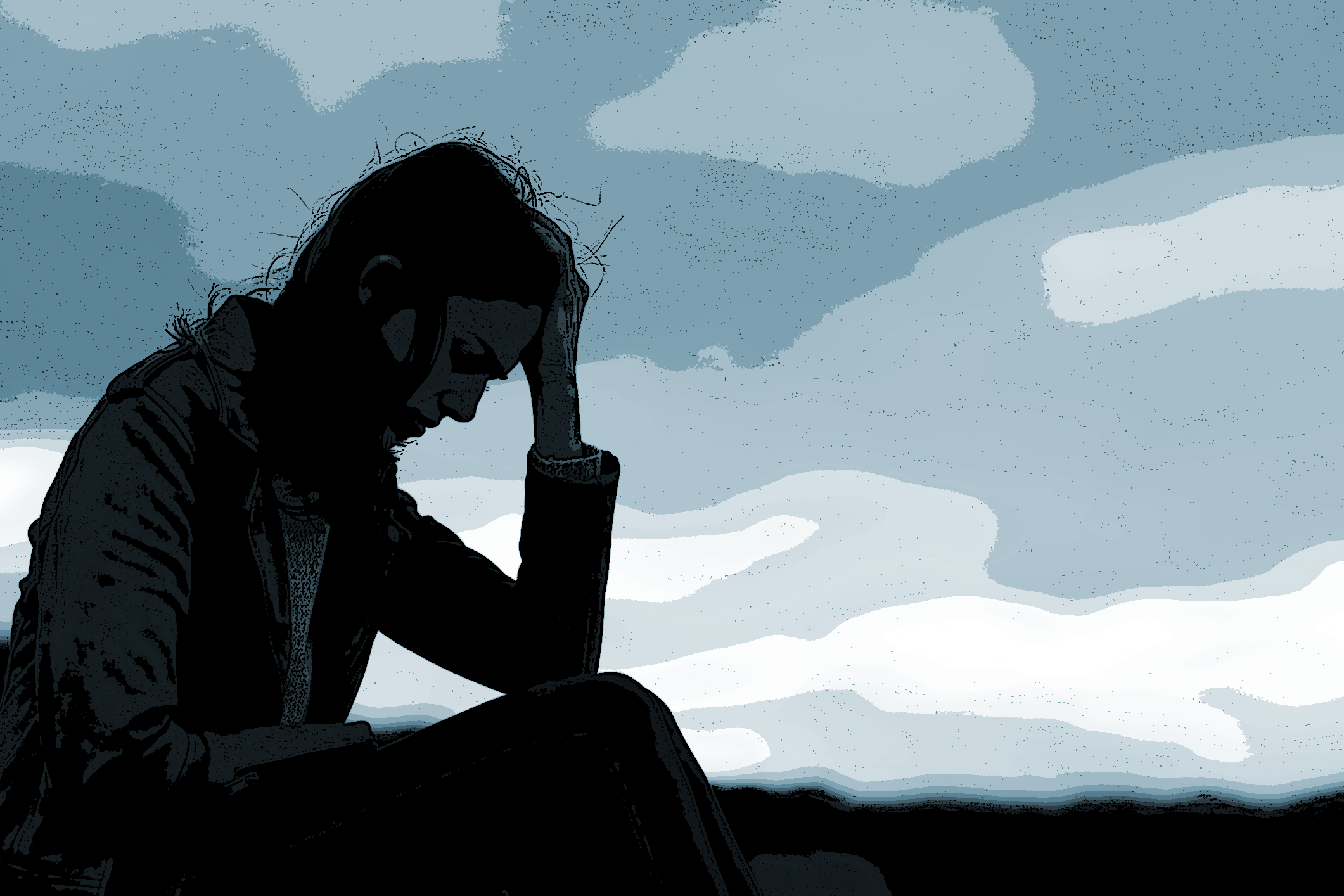Time's right to fix our mental health system
Ivan Frkovic
Queensland Mental
Health Commissioner

The young woman is homeless, self-harming and in awful pain. Her mental health is precarious. Youth workers try to get her into hospital treatment without success. In desperation they message me for advice.
Meanwhile, in the fruit and vegetable growing regions of our state, some farmers are in dire straits. The backpacker workforce that normally picks their crop is non-existent. Perfectly good produce is ploughed into the ground and along with it profits and dreams. The mental health of these growers is fast declining.
A father calls me, desperate to help his daughter. She needs extended in-patient treatment for her condition and mental health issues, however private, public and NGO agencies are unable to assist.
These are just a handful of examples and pleas for help that have come across my desk at the Queensland Mental Health Commission recently.
You will have read others like them in the pages of this newspaper. People in distressing circumstances, seeking help, pondering where to turn next, or worse, they are telling their stories of tragedy and loss.
There is clear evidence of social and financial impacts and psychological distress within our communities.
Calls to helplines, like Lifeline and Kids Helpline, have increased substantially. More and more young people are ending up in hospital, particularly those with eating disorders.
Studies show alarming rates of psychological distress and self-harm among teenagers.
Lifeline crisis centres have been fielding 400 calls a day in Queensland. In August, Lifeline Australia recorded its busiest day in its 57-year history.
The statistics are concerning because behind each one is a human story.

If there is a positive to come from the pandemic, it is that it has shone a spotlight on mental health and has normalised help-seeking. Seeking help as early as possible, including from GPs and online support services remains vital to reducing the impact and longevity of mental ill-health.
And while Queensland has not endured the lengthy lockdowns of our southern neighbours, the predictions of a surge in mental health demand are proving accurate, with increased demand for mental health services.
The ramifications, from a mental health perspective, are going to last for years to come.
The Queensland Government’s recent $76.5 million investment into public and community mental health services under the Economic Recovery Plan has been critically important to respond to short-term increased demand for services. As has the Federal Government’s Job Keeper program, which reduced the economic impact of the pandemic on the mental health of our community.
However, ongoing investment into mental health over the next five to 10 years will not achieve the desired outcome for people in need, our community, or our economy if we only continue to buy more of the same. The Australian Productivity Commission estimates mental illness costs the Australian economy $550-600 million per day.
Peak medical bodies, along with people with lived experience and their families and carers, believe the system is rapidly reaching breaking point.

The wait times and out of pocket expenses make it difficult to access private services, subsequently this increases demand for public mental health services and results in people accessing help at a much later stage and with more severe symptoms. Access to long-term community-based psychological and social support is difficult outside of the NDIS, with not enough capacity in the NGO sector.
Victoria’s Royal Commission into mental health called for an alternative to a system where all roads lead to hospital emergency departments. Rather than filling in the potholes of an ineffective system, they instead recommended an ‘entirely new road’ with community-based mental health care at its centre. The Victorian Government accepted all 65 recommendations and provided $3.8 billion for mental health over five years.
Most of the reform that is needed to alleviate system pressure lies in expanded clinical and psychosocial community mental health care, along with greater emphasis on prevention and early intervention.
For Queensland we need greater insight into how our mental health system is operating compared with best practice. Is it efficient and effective? Is it reaching the people who need it the most? How can we do things differently and better?
We also have an opportunity not just to fill in the potholes in the Queensland mental health system, but to start to build a different and new road.
Farmers and rural and regional communities, young people in mental distress, and parents need to know there is help available for their children and for them.
The actions we take now, the reforms we implement, will affect the lives and livelihoods of Queenslanders, and benefit our children and grandchildren for decades to come.
Lifeline 13 11 14 lifeline.org.au
Beyond Blue 1300 224 636 beyondblue.org.au/forums
Kids Helpline 1800 551 800 kidshelpline.com.au
